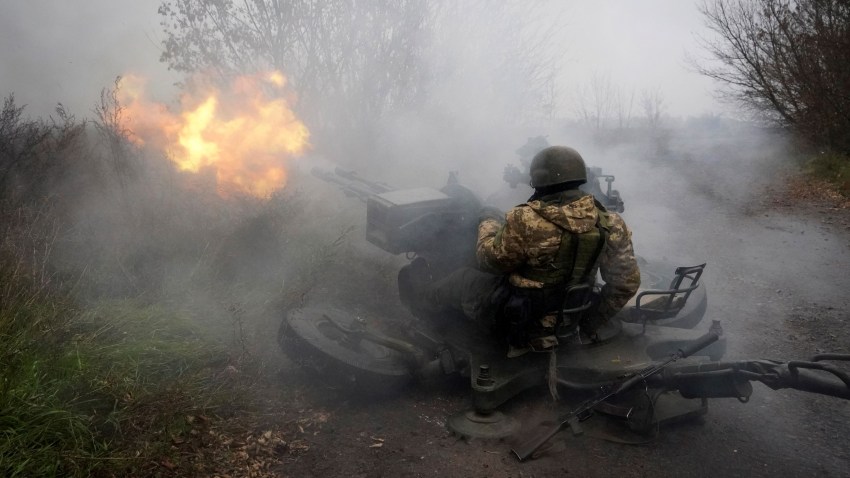The war in Ukraine has generated a fair number of bad takes, and by that I don’t mean the ones justifying Russia’s invasion or calling for Kyiv to immediately cede territory to appease Moscow. Instead, I’m referring to how wrong the pre-invasion assessments of Russia’s military capabilities—and as a result, the predictions about the initial course of the war itself—turned out to be.
U.S. intelligence agencies expected a quick Russian victory. But they were not alone in overestimating Russia’s military prowess. In the late 2010s, similar estimates of Moscow’s overwhelming capabilities informed the decision by NATO’s members to increase the number of alliance troops forward-deployed in the Baltic states. Given that Russia did not achieve a quick victory in Ukraine and is now on the defensive, many observers have turned a critical eye to the prewar assessments.
But misjudgments of military capabilities and prowess is not limited to either Russia or the current war in Ukraine. Pointing to the recent history of mistaken predictions—both overly pessimistic and optimistic—regarding various wars over the past few decades, Eliot Cohen noted, “Failing to project the actual course of a war is, after all, a phenomenon on both the right and the left of the political spectrum, and quite as common among serving officers and intelligence officials as among journalists and commentators.” Similarly, in a systematic evaluation of pre-2022 assessments of Russian military capabilities, Bettina Renz acknowledged that “Western misjudgment of the Russian military in 2022 was hardly unique in the history of diplomatic and military affairs.”

